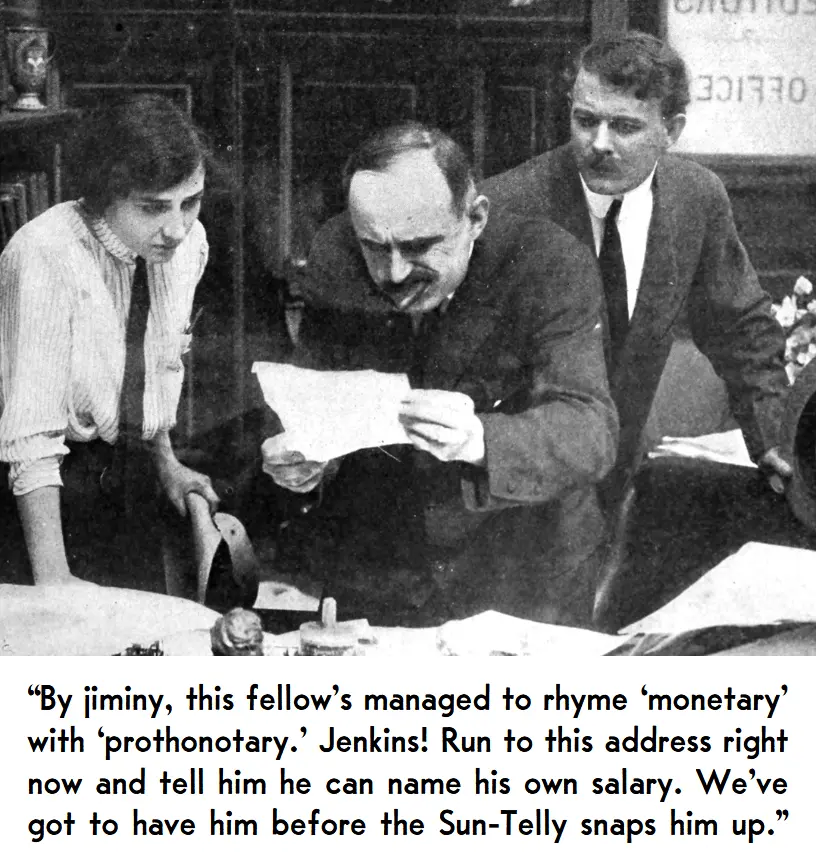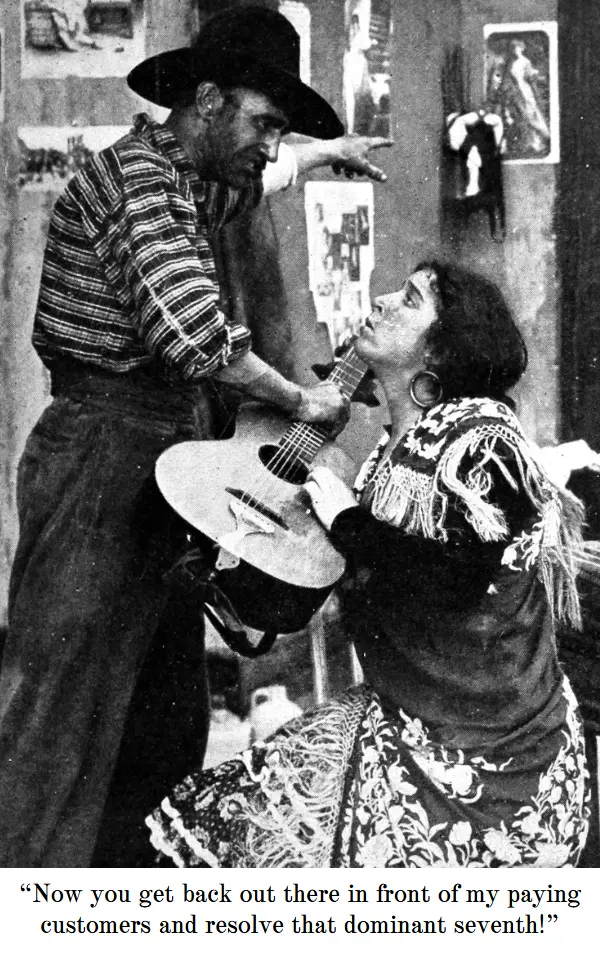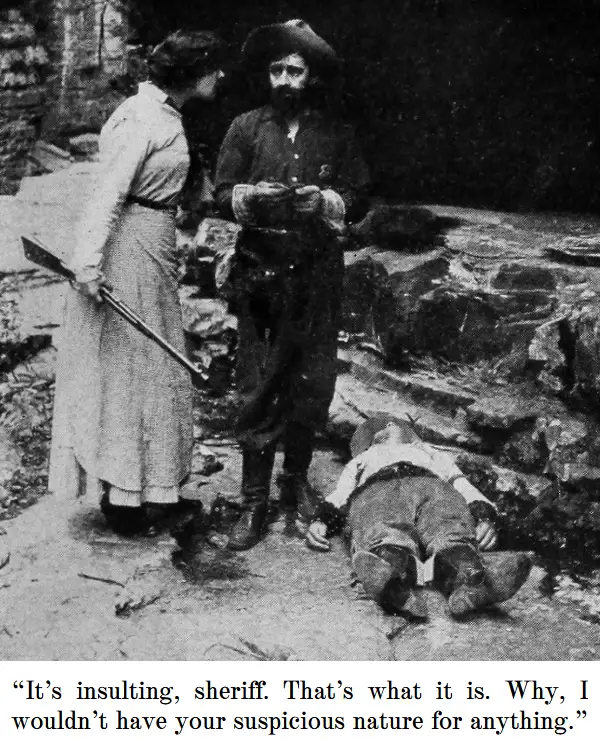Posts filed under “Books & Literature”
FROM THE ILLUSTRATED EDITION.
ASK DR. BOLI.
Dear Dr. Boli: My creative-writing teacher says all fiction has a three-act structure, and she says she wants to see that three-act structure in the short story that’s due next Tuesday. She tried to explain what she meant, but she used a lot of technical terms like “exposition” and “catalyst” and “fiction,” and I was having trouble following her. I was wondering if you could explain this three-act thing in simple, everyday language. —Sincerely, Billy (last name withheld), Miss Pinprick’s Fourth-Period Creative-Writing Class.
Dear Sir: In order to make the notion of the three-act structure in fiction clearer, Dr. Boli has prepared this handy chart.
Let your short story follow this formula, and your creative-writing teacher is bound to give you an A.
FROM THE ILLUSTRATED EDITION.
FROM THE ILLUSTRATED EDITION.
FROM THE ILLUSTRATED EDITION.
FROM THE ILLUSTRATED EDITION.
THIS IS A REAL BOOK.
But what happened if the ice broke and some unfortunate soul fell through? As we learn from this book, Londoners reacted the way they have always reacted in an emergency: they laughed themselves silly at the expense of the victim.
We note in passing that this is part of the collection called “The Eighteenth Century,” which we have mentioned before. It is still rapidly expanding, with 119,222 items as of this writing, almost every one of which is labeled as being in “Middle English.” This means that, of the items in the Internet Archive labeled as Middle English, the number that are not from the 1700s is so tiny as to be insignificant. Of that tiny number, a significant percentage, possibly a majority, are modern sound recordings that will probably be taken down soon for copyright reasons. It is likely that we shall soon have to find an alternative term to describe the language we used to call Middle English, and Dr. Boli is accepting suggestions.
FROM THE ILLUSTRATED EDITION.
WRITING PROMPT.
“The difficulty of raising an autistic or special needs child is what to do as they grow older. For this family, the solution was to give their autistic son space of his own in the attic.”
Take it from there.








